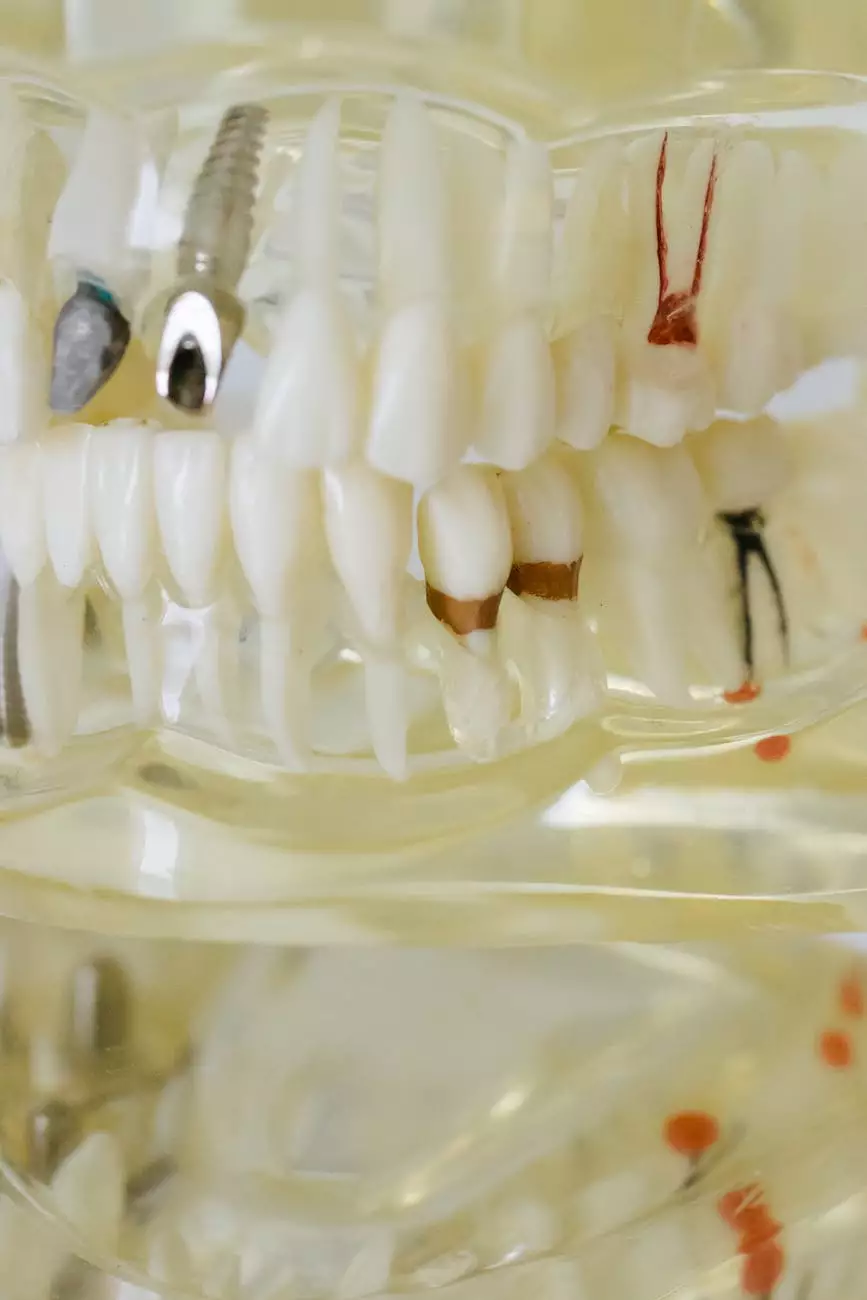Your Teeth Are What You Eat
Oral Health
Introduction
Welcome to the informative and educational page on how your diet affects your teeth, brought to you by Marvin Blumentritt, DMD - Troy Dental, a trusted and experienced dentist serving Birmingham AL and surrounding areas. As a leading dental professional, Dr. Blumentritt understands the importance of nutrition and its impact on oral health. In this comprehensive guide, we will explore the connection between what you eat and the well-being of your teeth and gums.
Why Diet Matters
Your diet plays a crucial role in maintaining optimal dental health. The foods and drinks you consume can either support or harm your teeth and gums. A nutrient-rich diet promotes strong teeth, healthy gums, and overall oral well-being. Conversely, a poor diet high in sugar, acids, and processed foods can lead to tooth decay, gum disease, and other oral health problems.
The Impact of Sugary Foods
Sugary foods and drinks, such as candy, soda, and desserts, are major contributors to tooth decay. When you consume these items, the bacteria in your mouth feed on the sugars and produce acids that attack tooth enamel. Over time, these acid attacks weaken the enamel, leading to cavities and tooth sensitivity. Limiting your intake of sugary foods and maintaining a proper oral hygiene routine can help prevent tooth decay.
The Role of Acids
Acidic foods and drinks, such as citrus fruits, tomatoes, and carbonated beverages, can erode tooth enamel. Acidic erosion can make your teeth more susceptible to decay, discoloration, and sensitivity. While it's important to enjoy a balanced diet that includes fruits and vegetables, it's crucial to rinse your mouth with water after consuming acidic foods to minimize their impact on your teeth. Regular dental check-ups can also help identify signs of acid erosion early on.
The Importance of Calcium
Calcium is an essential mineral for maintaining strong teeth and bones. Including calcium-rich foods in your diet, such as milk, cheese, and leafy greens, can help protect your teeth from decay and keep your jawbone healthy. If you are lactose intolerant or have dietary restrictions, consult your dentist or nutritionist for alternative sources of calcium.
Nutrition for Gum Health
Healthy gums are the foundation of a beautiful smile. A diet rich in vitamins, minerals, and antioxidants can help promote gum health and prevent gum disease. Incorporate foods like leafy greens, berries, nuts, and fish into your meals to provide essential nutrients for your gums. Additionally, drinking plenty of water and avoiding tobacco products can further support gum health.
The Benefits of Water
Water is not only essential for overall health but also for maintaining good oral hygiene. Drinking water throughout the day helps wash away food particles, neutralize acids, and stimulate saliva production. Saliva plays a vital role in protecting your teeth by rinsing away bacteria and aiding in the remineralization process. Make sure to stay hydrated and drink fluoridated water for added protection against tooth decay.
Maintaining a Healthy Diet
To maintain optimal dental health, it's important to adopt a balanced and nutritious diet. Here are some tips to help you make healthier choices:
- Limit sugary and acidic foods and drinks.
- Increase your intake of fruits and vegetables.
- Include calcium-rich foods in your diet.
- Avoid excessive snacking, especially on sugary treats.
- Drink plenty of water throughout the day.
- Minimize consumption of processed and fast foods.
- Schedule regular dental check-ups and cleanings.
Conclusion
Your oral health is closely linked to what you eat. By making mindful choices and prioritizing a nutritious diet, you can significantly improve and maintain the health of your teeth and gums. Remember, the key to a beautiful smile starts with a healthy diet. Contact Marvin Blumentritt, DMD - Troy Dental, your trusted Birmingham AL dentist, for personalized advice and professional dental care.










